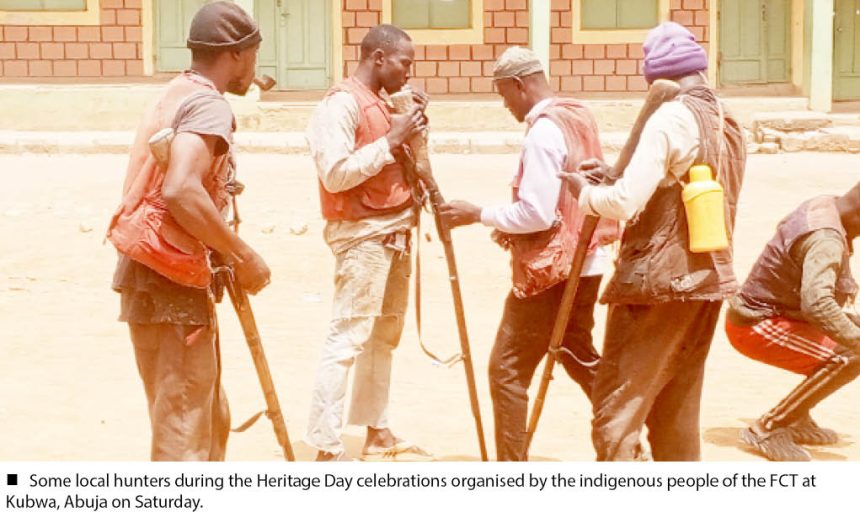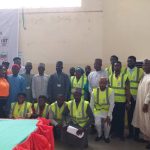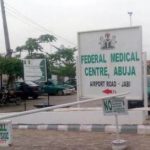
The Original Inhabitants Development Association (OIDA), an umbrella body for the indigenous people of the FCT, has vowed to continue to canvas for a democratically elected governor of the FCT in line with a previous court ruling which declared FCT as a state
The President of the Original Inhabitants Development Association (OIDA), Pastor Danladi Jeji, has reiterated the commitment of Abuja natives to continue their push for the appointment of an FCT governor. He made this declaration during the 5th FCT Heritage Day celebration, held at LEA II Primary School, Kubwa, on Saturday.
Jeji urged the National Assembly to transfer its legislative functions regarding the Federal Capital Territory (FCT) to an FCT House of Assembly. He further emphasized the demand for increased political representation, including three senatorial seats, six House of Representatives seats, and the creation of 11 additional local government areas.
Highlighting OIDA’s ongoing advocacy, Jeji reiterated calls for the establishment of the Abuja Original Inhabitants Development Commission (AOIDC). He insisted that the commission should be legally recognized and funded through 30% of all revenue generated from land sales within the FCT.
“When established, the commission should address long-standing concerns related to relocation, resettlement, and compensation for communities affected by development projects,” Jeji stated.
Additionally, he called on the federal government to ensure greater inclusion of the FCT’s original inhabitants in governance. He proposed that land administration within the territory should be a joint responsibility between the FCT administration and the indigenous people.
Jeji emphasized that the FCT Heritage Day celebration serves as an opportunity to showcase the rich cultural heritage of Abuja’s nine indigenous tribes: Amwamwa, Bassa, Egbira, Gede, Ganagana, Gbagyi, Gbari, Gwandara, and Koro.
According to him, OIDA remains committed to advancing the educational, socio-economic, and political development of Abuja’s native communities.




